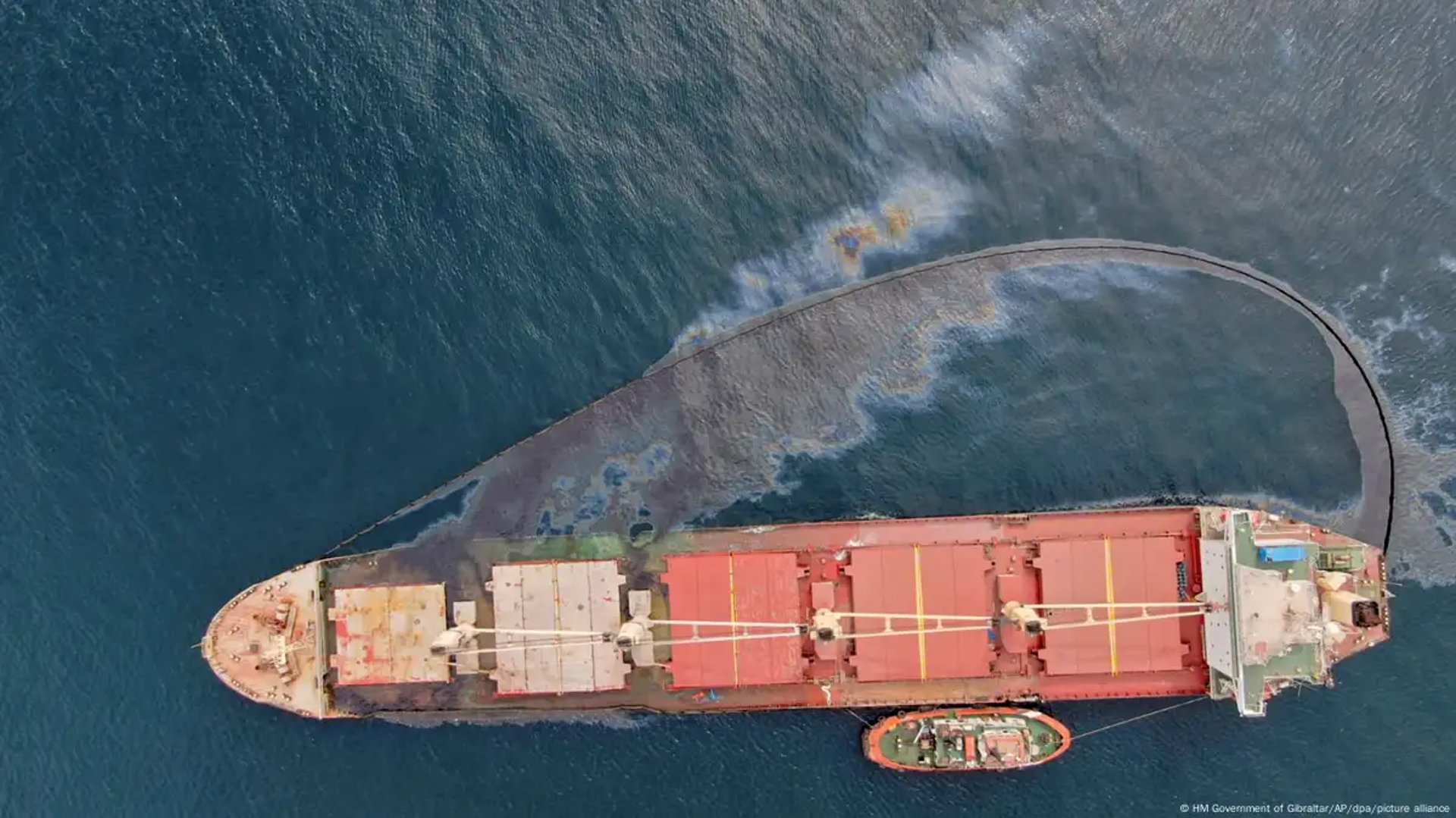
BUNKER CONVENTION
"INTERNATIONAL CONVENTION ON CIVIL LIABILITY FOR BUNKER OIL POLLUTION DAMAGE, 2001"
BUNKER CONVENTION MAIN DOTS:
- Adopted: 23 Mar 2001
- Enter into force: 21 Nov 2008
- The MAIN OBJECTIVE OF CONVENTION is to ensure that adequate, prompt, and effective compensation is available to persons who suffer damage caused by spills of oil, when carried as fuel in ships' bunkers. The convention applies to damage caused on the territory, including the territorial sea and in exclusive economic zones of States Parties.
- Most important requirement in the bunkers convention is: the registered owner of a vessel to maintain compulsory insurance cover.
- The Convention requires ships over 1,000 gross tonnage to maintain insurance or other financial security, such as the guarantee of a bank or similar financial institution, to cover the liability of the registered owner for pollution damage in an amount equal to the limits of liability under the applicable national or international limitation regime, but in all cases, not exceeding an amount calculated in accordance with the Convention on Limitation of Liability for Maritime Claims, 1976, as amended.
- No liability for pollution damage shall attach to the shipowner if the shipowner proves that:
(a) the damage resulted from an act of war, hostilities, civil war, insurrection or a natural phenomenon of an exceptional, inevitable and irresistible character; or
(b) the damage was wholly caused by an act or omission done with the intent to cause damage by a third party; or
(c) the damage was wholly caused by the negligence or other wrongful act of any Government or other authority responsible for the maintenance of lights or other navigational aids in the exercise of that function.
Knowledge
Your resource for marine engineering education and standards.
© 2024. All rights reserved.
